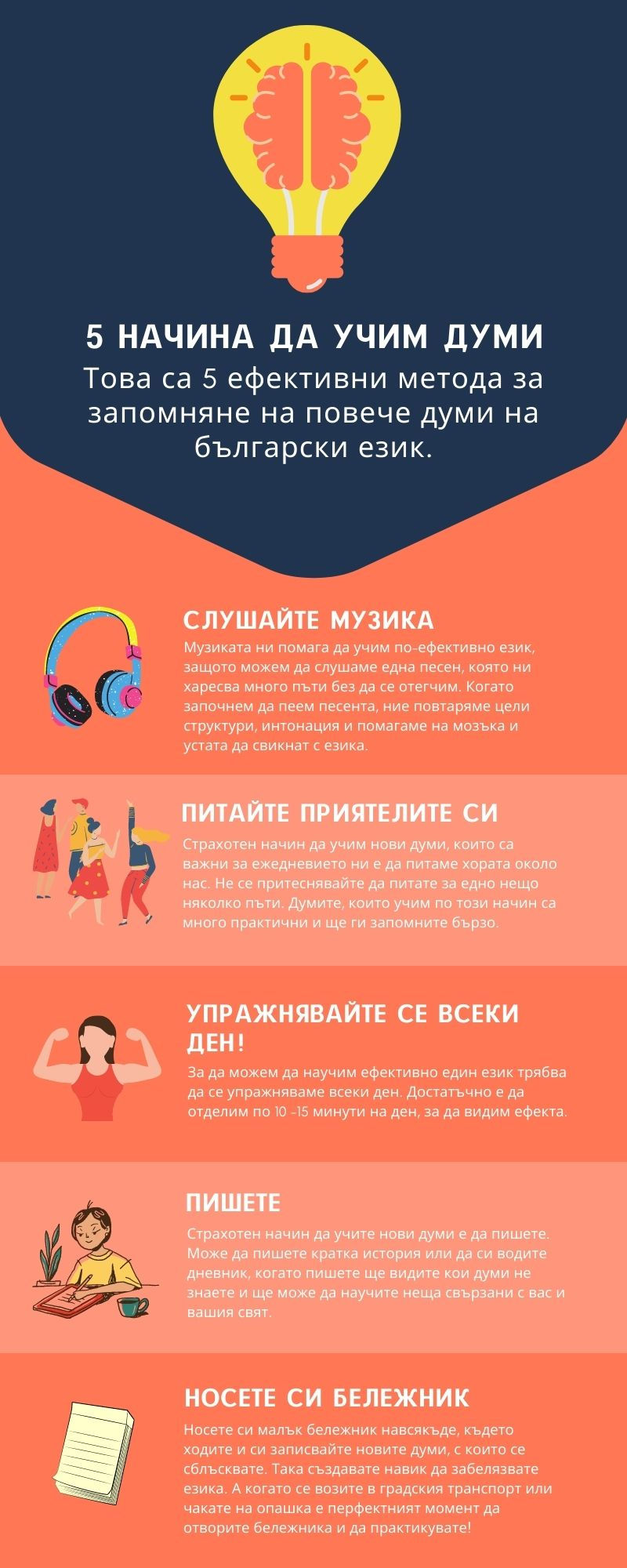Past tenses in Bulgarian, which one to use?
- Yoana Nikolova
- Jun 2, 2022
- 3 min read
In this article we are going to talk about two of the most used past tenses in Bulgarian - Минало свършено (Past Simple) и Минало Неопределено (Present Perfect) and compare them to their counterparts in English to demonstrate some key differences and similarities between the two languages, this will hopefully help learners of Bulgarian put some of the puzzle pieces together.
Let's look at the definition of the two before we start:
We use Past Simple (Минало Свършено) to talk about already finished actions that took place in the past at a specific moment of time.
We use the Present Perfect (Минало Неопределено) to talk about actions that have started in the past and still have effect now, or actions that started and ended in the past, but we don't really want to say exactly when.
Examples:
Past Simple (Минало Свършено):
I woke up at 6. - here 'I woke up' is the action which has obviously finished, and 6 o'clock is your exact time.
Here is the equivalent in Bulgarian:
Станах в 6 часа.
Аз гледах филм снощи. -I watched a movie last night.
През уикенда отидох на ски. - At the weekend I went skiing.
Present Perfect (Минало Неопределено):
I have woken up. - Past action, no info about when it happened.
Станал съм. - Bulgarian equivalent.
Яла съм. - I have eaten. (meaning I am full)
Никога не съм опитвал боза. - I have never tried boza.
In these examples there is no difference in the way we would use these tenses in both languages.
However this is a fact only because we are looking at actions done by 'I', and this will change dramatically when we start talking about other people's stories.
Other people's stories:
Let's imagine for a moment your friend told you that he woke up at 6 this morning. You found this information fascinating an you decided to share it with another friend.
In English you would say something like this:
Sam woke up at 6 this morning.
But in Bulgarian you would use an entirely different tense - Минало Неопределено
Сам е станал в 6 тази сутрин.
The reason is that you have not personally experienced this past event so up to a degree your information is a second-hand information and you would like to indicate this by using the Present Perfect instead of your ordinary Present Simple.
Mind. Blown.
This means that if you want to tell a story about yourself like this one:
Yesterday I had a lot of work, so I woke up early, made myself a strong coffee and sat down in front of the computer to work.
It would easily translate directly into:
Вчера имах много работа, затова станах рано, направих си едно силно кафе и седнах пред компютъра да работя.
But if you change the person, by saying instead of an 'I' a 'she/he/they' then it would sound like this in Bulgarian:
Вчера Иван е имал много работа, затова е станал рано, направил си е едно силно кафе и е седнал пред компютъра да работи.
This is perhaps one of the more significant differences in how we would use these two tenses and understanding this will greatly benefit your ability to choose adequately between the two. You can try practicing this with people by listening about someone's day and then retelling their story by using the Минало Неопределено.
If you enjoyed this post, please hit the <3 button to let us know.
Enjoy your learning!
Studio





Comments